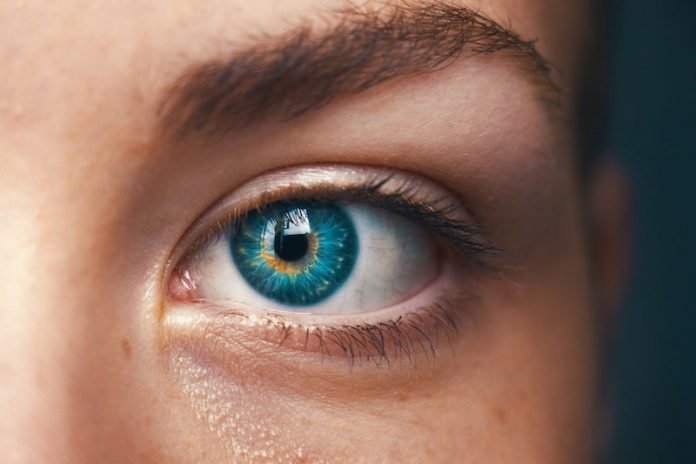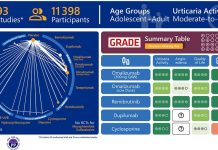
In a new study, researchers found a rare, sight-stealing infection that might be triggered by COVID-19.
In the space of two months, three patients suffering from COVID-19 in one New York health system developed keratitis, an inflammation of the cornea, which then led to a sight-threatening infection of the tissues or fluids inside the eyeball called endophthalmitis.
Having three cases of endophthalmitis in such a short time is exceedingly rare, and because they were all tied to COVID-19 infection it needed to be investigated.
Of the three patients, one died from COVID-19, another had to have an eye removed despite strong efforts to save the eye, and a third lost all sight.
The research was conducted by a team at Hofstra University in Hempstead, N.Y.
Endophthalmitis is very rare, but it can be caused by a virus.
Symptoms of endophthalmitis can include pain, redness, discharge from the eye, lid swelling, and reduced vision.
In the study, all the patients were in their 60s and were treated at Northwell Health’s Ophthalmology Department.
Also, the three patients had underlying health problems that may have made their COVID-19 worse and made them more susceptible to other conditions as they tried to fight off the infection.
It’s unusual for keratitis to progress to endophthalmitis. A previous study found that only 27 of nearly 10,000 eyes over 15 years developed endophthalmitis caused by keratitis.
The only other eye condition linked to COVID-19 has been conjunctivitis, also called pink eye, which is a minor infection.
The team says while it is possible that the keratitis was related to COVID-19, there are very few reports to suggest this is at all common.
For it to then lead to a perforation of the cornea and endophthalmitis would be even more unusual.
These cases happened to people with keratitis and endophthalmitis who just happened to have COVID-19 at the time, which makes them an interesting cluster to report.
One author of the study is Dr. Amilia Schrier, a professor of ophthalmology.
The study was presented at the American Academy of Ophthalmology’s virtual annual meeting.
Copyright © 2020 Knowridge Science Report. All rights reserved.



